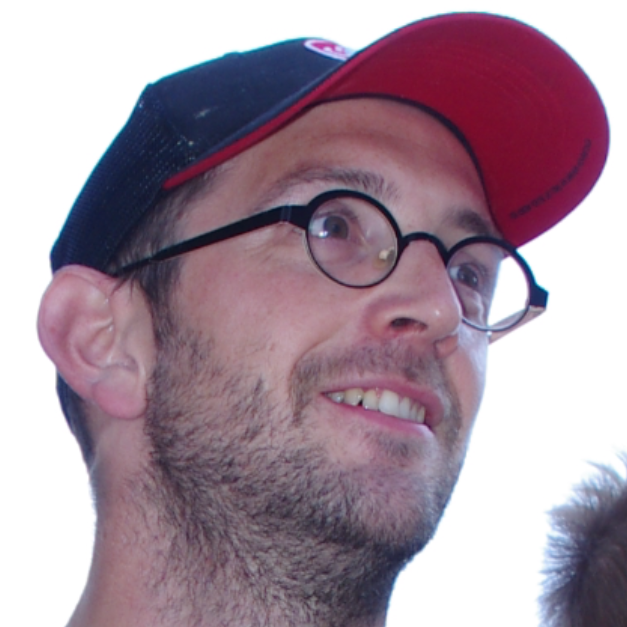
Julien Charles
Man
jch.juliencharles@gmail.com
0484106372
FR | EN |
Charleroi, Nivelles, Louvain-la-Neuve and other
Categorie B
Business and activity:
Trainer and researcher at a lifelong learning association (CESEP), I also teach sociology at the Université de Louvain-la-Neuve. I co-animate, together with Isabelle Ferreras, a group (TED) that organises, carries out and disseminates studies on the democratisation of work and organisations.
What can you bring to the Smart project? Which are the skills and experiences that you intend to provide to the Board?
For the past ten years, I’ve been carrying out scientific surveys on participation at work. As such, I’m often in contact with progressive actors working at the collective democratization and emancipation of workers. I’ve also developed training methods for adults and for accompanying teams. All these encounters are opportunities for dialogue with diverse groups and publics, which makes research on the democratization of work advance, but also and foremost allows to experiment with new ways of making progress in that direction.
This theoretic and practical knowledge will be put at the service of Smart, just as my descriptive and analytical rigor, my will to understand diverse points of view expressed around meeting tables or elsewhere, and my wish to see Smart’s values (equality, autonomy and solidarity) being achieved in each of its actions.
This theoretic and practical knowledge will be put at the service of Smart, just as my descriptive and analytical rigor, my will to understand diverse points of view expressed around meeting tables or elsewhere, and my wish to see Smart’s values (equality, autonomy and solidarity) being achieved in each of its actions.
Which are your reasons to apply as a member of the board of directors of the Smart cooperative?
I’m excited about Smart’s wish to find answers to today’s challenging transformations of work. Instead of maintaining a defensive position or of camping on the purity of its principles, Smart commits itself and offers concrete proposals, which can also be imperfect. But because these experimentations systematically aim the autonomy and security, two essential conditions of a democratic project, they are worth being supported and enhanced.
I’ve been able to slightly contribute to it in the framework of the Writings in 2015, and then at the occasion of a workshop at the General Assembly of 2016. I then thought of pursuing these exchanges through a collaborative survey with and at Smart. The survey is today led by a team of researchers made of Isabelle Ferreras, Auriane Lamine and Lionel Casterman. Applying at the CA is, for me, a logical follow-up to these actions.
I’ve been able to slightly contribute to it in the framework of the Writings in 2015, and then at the occasion of a workshop at the General Assembly of 2016. I then thought of pursuing these exchanges through a collaborative survey with and at Smart. The survey is today led by a team of researchers made of Isabelle Ferreras, Auriane Lamine and Lionel Casterman. Applying at the CA is, for me, a logical follow-up to these actions.
How do you see Smart in the future? What is your vision of the Smart project?
According to me, the experimenting that has been taking place since nearly 20 years have to be centered on the double horizon of autonomy and security. We need and have to give ourselves the means to move in that direction, via Smart’s own practices but also through the transformation of its action framework. It is by bundling these requirements that Smart will be able to grow, to strengthen itself and to percolate beyond its current territories.
The cooperative is an ambitious structure that requires mobilizing the will of all. We have to build participation processes for the different workers, in order the nourish the CA and the General Assembly with the experiences of those who live Smart on a daily basis. On this basis, Smart will really become a European cooperative prefiguring the economy that we want to see growing tomorrow, faced with a capitalistic model that exhausts the human beings, the planet and our democracies.
The cooperative is an ambitious structure that requires mobilizing the will of all. We have to build participation processes for the different workers, in order the nourish the CA and the General Assembly with the experiences of those who live Smart on a daily basis. On this basis, Smart will really become a European cooperative prefiguring the economy that we want to see growing tomorrow, faced with a capitalistic model that exhausts the human beings, the planet and our democracies.